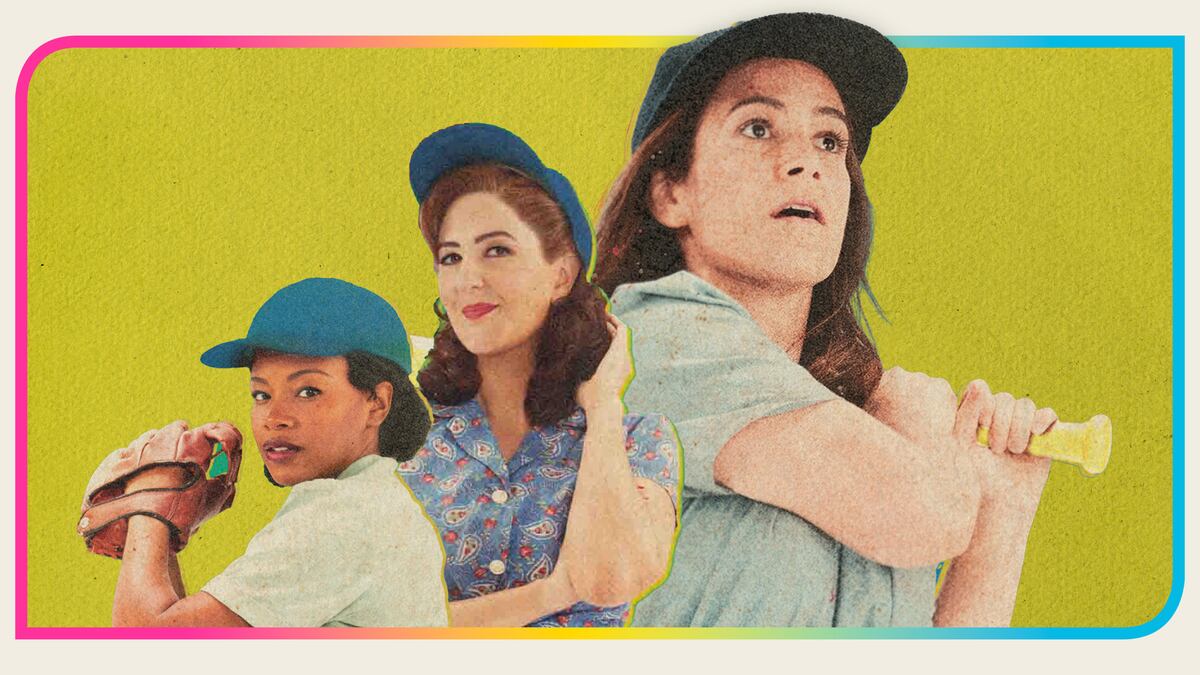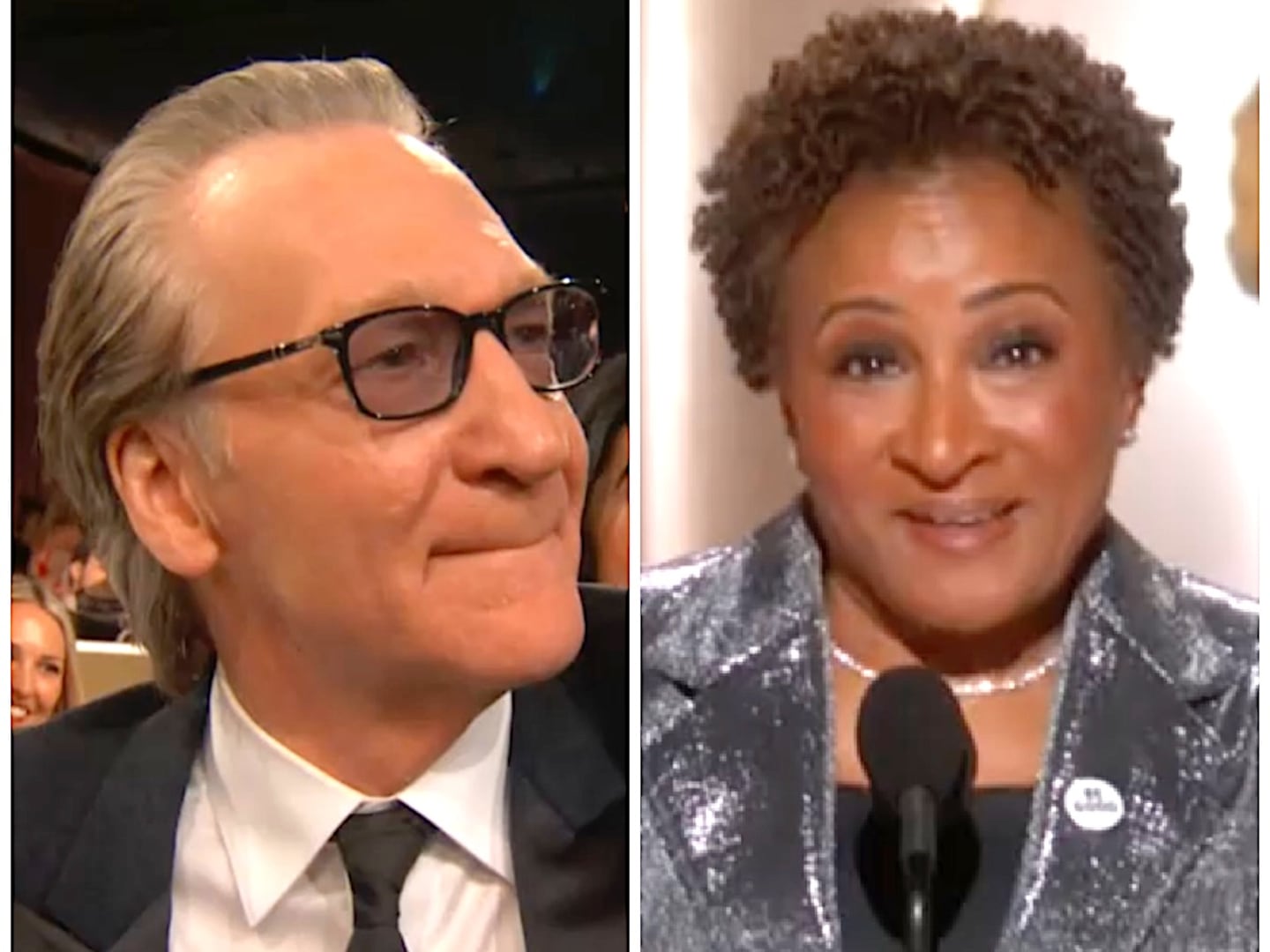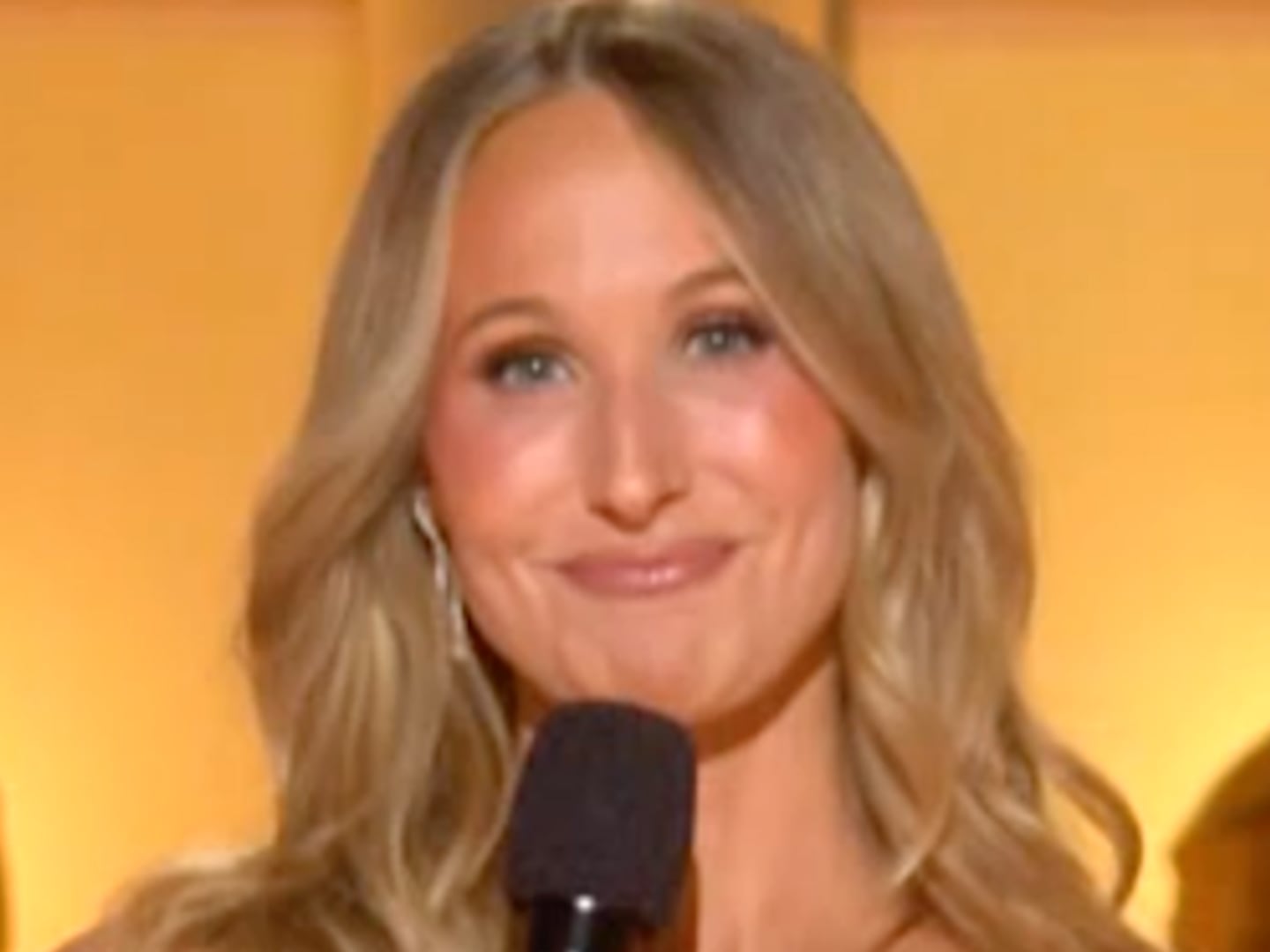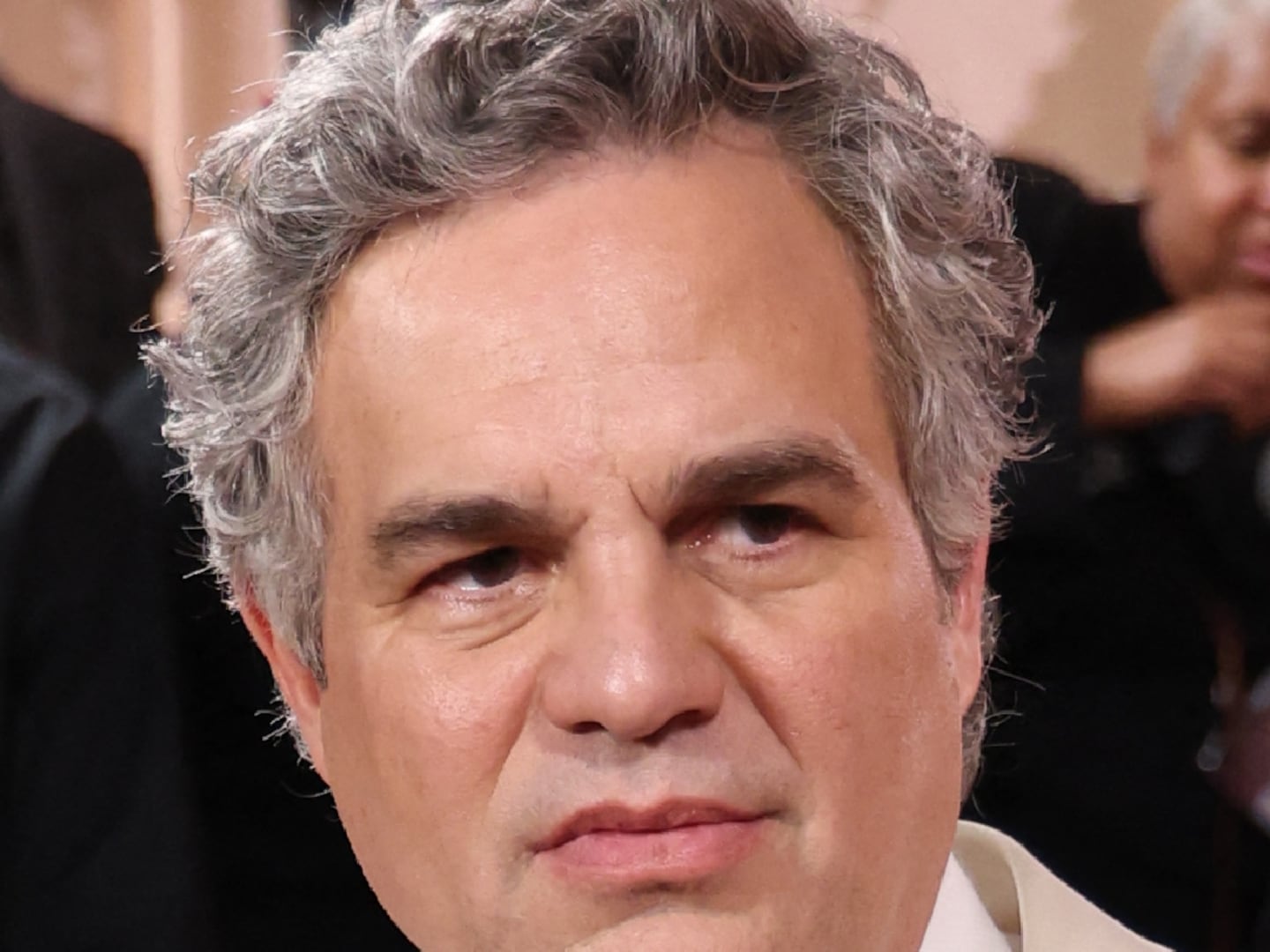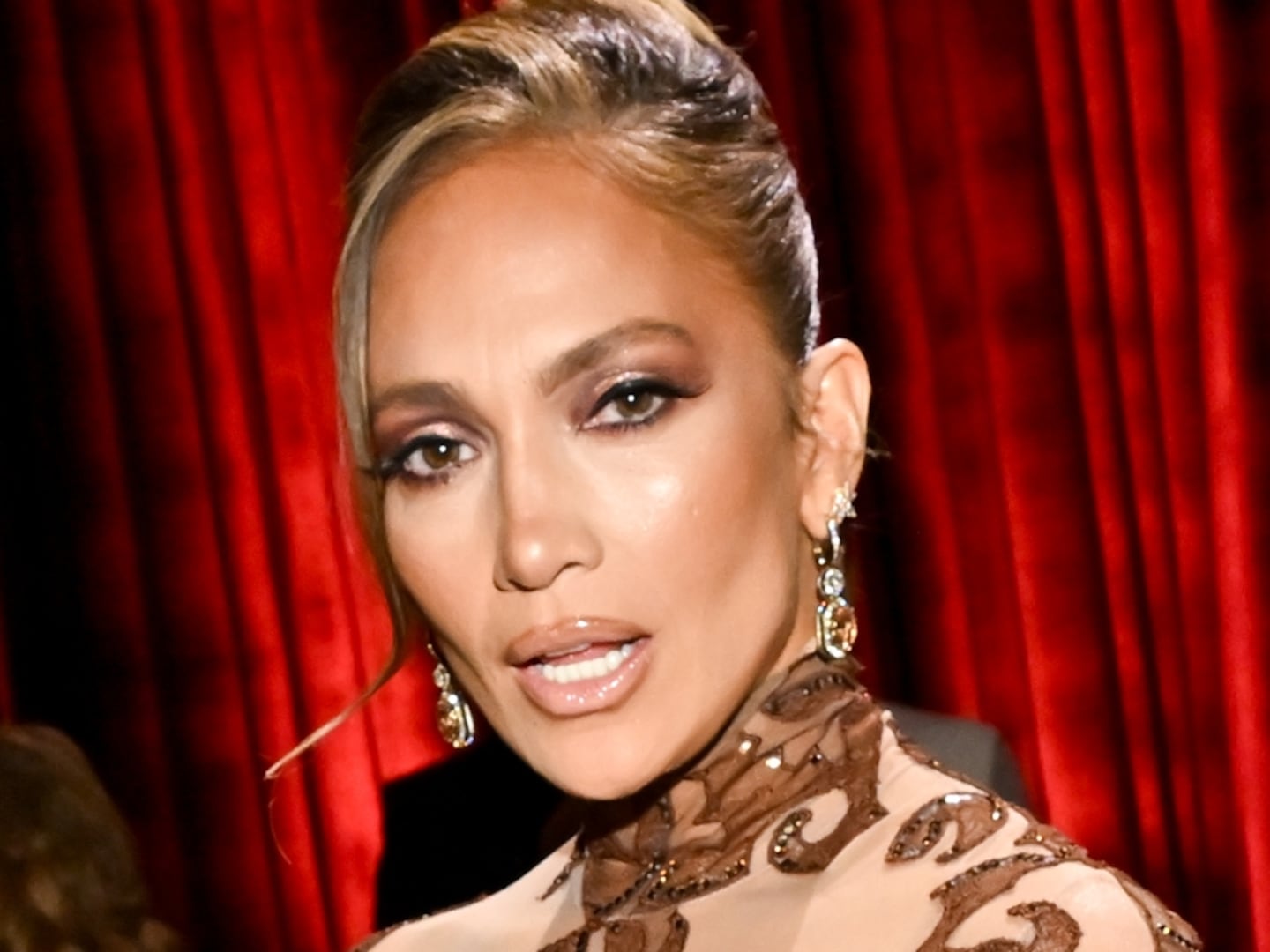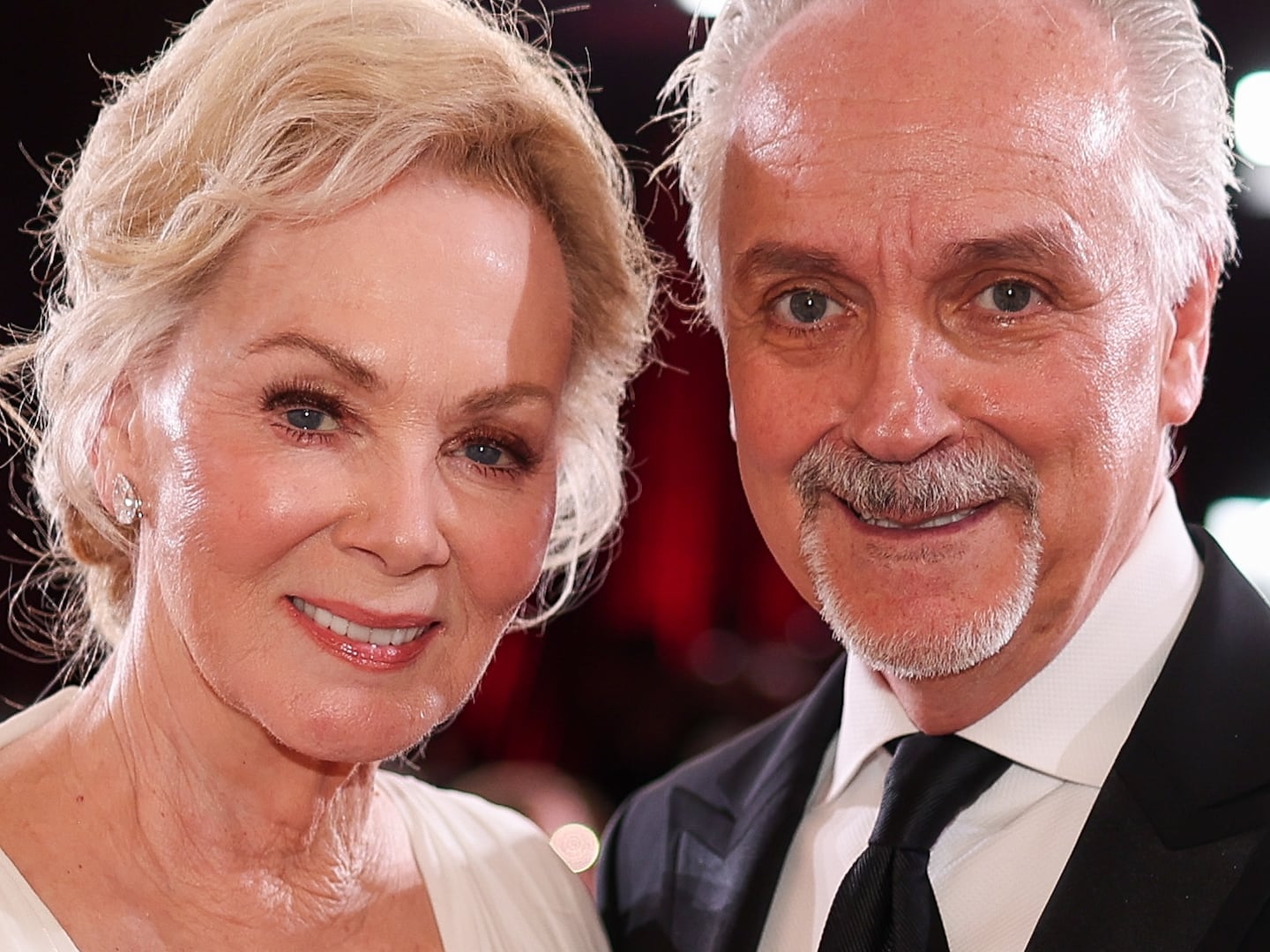For millennials and members of Gen X—or, really, people of any age with good taste—Penny Marshall’s 1992 film A League of Their Own is a foundational movie. There’s no crying in baseball! Geena Davis catching the ball while doing the splits! Madonna swing dancing! Rosie O’Donnell was so good!
In the 30 years that have passed since its release—a horrifying statistic that made my knees creak and acid reflux act up as I typed it—our relationship with the movie deepened. A League of Their Own was already huge, mind you; Marshall became the first woman to direct a film that grossed $100 million at the box office with Big, and A League of Their Own also accomplished that feat. But it earned its status as one of those movies that, if it’s playing on TBS on a Sunday afternoon, you are spiritually obligated to stay with until it’s over. If I may be so bold, it’s a perfectly structured film.
And as people’s relationships with the movie changed and the world changed around them, we had the same (and if we’re being honest) mortifying revelation, an epiphany that we’re embarrassed to admit never dawned on us until we were adults—or maybe not even until the new Amazon A League of Their Own series began streaming last week. Oh my gosh, you realize. They were probably gay.
Sure, it’s obvious now. We said it’s embarrassing!

“I didn’t grow up aware of those undertones either,” Abbi Jacobson (Broad City), who co-created and stars in the new series, tells The Daily Beast’s Obsessed. “But I think the movie was something that queer people felt a connection to, whether or not we knew why.”
“A lot of people who love the movie—gay people, straight people—it didn’t dawn on them until they’ve thought of it as an adult,” says D’Arcy Carden (The Good Place), who co-stars. “And then they’re like, well, of course they were gay!”
Both Marshall’s film and the new Amazon series chronicles the forming and surprising success of the All-American Girls Professional Baseball League in 1943, a seismic moment in sports that had been all but lost to history. It was wartime, and, with the men away, owners of professional baseball teams floated the idea of drafting women to the field in order to keep America’s favorite pastime in the spotlight during what were otherwise unsettling days.
The women were scouted from all over the country and brought to Chicago for tryouts. One of the teams assembled, the Rockford Peaches, based in Illinois, became the inspiration for the movie—and, now, this TV reimagining and expansion.
The film featured Davis, Madonna, O’Donnell, and Lori Petty as the athletes up to bat against gender biases—attending finishing school between practices, playing in skirts—while wowing fans with their undeniable skills. Amazon’s series, which Jacobson co-created with Will Graham (with Marshall’s blessing before her death), stars Jacobson and Carden in roles that could be seen as analogous to the film. But, at eight episodes, it also gets to round bases that Marshall couldn’t, including following the character of Max Chapman (played by Chanté Adams), a Black woman desperate for the opportunity to play in the league at a time when segregationist policies made that seem impossible.
There’s a story that Graham likes to tell, which is relayed from a story that Rosie O’Donnell—who makes an incredibly moving cameo in the series—told him. Apparently, when O’Donnell was meeting with Marshall about the film and her character, the brash, spitfire third basewoman Doris, she bluntly told Marshall: Doris is obviously gay. “And Penny was just like, ‘No,’” Graham laughs. “There were just places you couldn’t go at that time.” (O’Donnell came out publicly in 2002.)
Then there’s the memorable scene when, during tryouts, a stray ball in the outfield is picked up by a Black woman, who launches it like a cannon back to home plate. She’s never seen again. Marshall included the scene to reference the Negro League players and their rich history.
When they met with Marshall before her death in 2018, she told Graham and Jacobson that her original cut of the film was four-and-a-half hours long. (Release the Marshall cut, you cowards!) “She said, ‘There was so much that I wanted to do that I didn’t get to do,’” Graham explains. They asked about that moment, specifically. “She was like, ‘Yeah, I knew we didn’t have time to do that story, but I wanted to acknowledge them.’”
The new A League of Their Own is that opportunity. It’s a course correction. It’s a validation of the experiences of these real-life women; Maybelle Blair, for example, the player who served as the inspiration for Carden’s character, Greta, came out as gay just this year at age 95, inspired by working as a consultant on the series. And it’s proof that a reboot/remake/reimagining—whatever it is that we’re calling it these days—has value when it’s the catalyst for deepening a story.
“We were never trying to recreate the film, but really trying to showcase and dive into the stories that we felt were not shown in the film,” Jacobson says. These queer women and these women of color existed. Now we finally get to meet them.
There’s a phenomenon in pop culture that has always seemed baffling.
There could be a person for whom watching live sports is a form of torture. (That person is me.) Yet that same person could be obsessed with sports movies and TV shows: devour them, gush over them, cry like a baby at the climax each time, and count any number of them among their favorites. (Oh hi, me again!) Sports? Gross! Sports movies? I’m already weeping and making plans to see it again.
“There’s a lot of a baseball game, if watched in its entirety, where you’re like, ‘I’m gonna go get a drink for a sec,’” Jacobson says. But movies and TV series about sports sprint right toward the most dramatic moments. They’re designed to be exciting, sort of in the way “you might not watch sports, but you’ll never miss the Super Bowl,” Adams adds.
While working on A League of Their Own, Jacobson was constantly talking about the film Rudy. "‘What’s the Rudy moment in this?’ It’s about the love of the game, and it’s about the guy who gets to finally play. And it almost surpasses whether they win or lose.”
For Carden, there was something about the 1992 A League of Their Own, in particular. “I don’t understand a second of football. I understand soccer. I really do love baseball, though,” she says. “And I love sports movies. I remember watching Bull Durham and being like, ‘Hubba hubba…’” But Marshall’s film was a watershed, seeing-the-world-differently kind of moment for her, “being a little sporty girl and not seeing any girls in any of these other movies.”
“Getting to see 50 dirty, sporty girls in a movie on screen at one time broke my brain open,” she says. “I remember it was a feeling of, like, this is possible. This was real. This was allowed. I was like, ‘I need to do that.’”

Graham, on the other hand, admits to having a tortured relationship with sports. His husband is a football fan, and he’s tried loving it for him. Growing up, his father encouraged him to play Little League, “which, as a little queer kid who felt like he was undercover as a boy, was very stressful.”
He now recognizes the value of that, though, and can connect it to why he might have been so moved to embark on adapting A League of Their Own, despite his experience as a traumatized youth athlete. (Where is the support group for that?)
“Watching baseball was a way for me to communicate with my dad, even when I felt like I didn’t know how to be the right kind of son,” he says. “So it’s emotional for me. On the other hand, I love a sports movie. I could watch Friday Night Lights over and over and over again. And half of the characters in that show probably don’t think I should have rights! I would still watch it! I think it’s about the feeling of belonging to a group and to a team that I think, for queer people in particular, can be so powerful.”

It’s hard to understate that power when you watch the new series, especially if you’re a fan of the original A League of Their Own and especially if you’re a queer fan of it. The queer representation and the dignity given to the characters’ storylines is like a fireworks show of progress, each individual explosion unique and specific, together providing this colorful, kaleidoscopic display of varied authentic experience.
But it’s the matter-of-factness with which the show approaches this inclusivity that may actually be the spectacle. There was no fanfare leading up to the release that this was going to be the Grand Queerification of A League of Their Own, and it’s treated in the series as little more than an attempt to accurately reflect the humanity of these women as they lived it.
There’s a breadth of experience. Jacobson’s Carson, who is married to a man who is off at war, has the slow realization that she’s attracted to Carden’s Greta as their bond grows throughout the season. Greta and her best friend Jo (Melanie Field) arrive with a careful set of rules for how to act on their same-sex attractions while remaining safe from being outed. Roberta Colindrez’s Lupe and Kelly McCormack’s Jess wear their gender nonconformity and queer confidence on their sleeves, echoing back to characters in the 1992 film who were queer-coded, but whose sexualities were never further developed. And Adams’ Max discovers, through a new gender nonbinary friend, a veritable fantasia of Black queerness that reorients her entire world and how she sees it.

“Now more than ever, there are more queer characters being represented on screen, but there’s usually still, like, one in a show,” Jacobson says. “This is really diving into a very broad range of queerness.”
Going back to the naive a-ha moment that the characters in the 1992 film were probably a little gay, we start talking about the 2020 Netflix documentary A Secret Love, which was produced by Ryan Murphy. Speaking personally, that was when my eyes were opened to the fact that there was so much more that these women were shouldering beyond the pressures we saw in Marshall’s movie: as Jacobson says, “being asked to play baseball at the top of their game—which is wildly athletic, gritty, dirty, and difficult—while under the male gaze and in full makeup, full hair, wearing lipstick, and wearing short skirts.”
They also had to navigate a world that wouldn’t accept their love stories. The film recounts the relationship between Terry Donahue, who played in the baseball league from the film and the series all those years ago, and her partner of 72 years, Pat Henschel, and what it took for them to come out to their families after a lifetime together.
“That doc tore me up,” Jacobson says. Donohue and Maybelle Blair knew each other during those baseball days in the ’40s. Jacobson’s conversations with Blair were invaluable in scripting the Amazon series; A Secret Love added even more emotional context.
“Hearing Maybelle’s stories and hearing other accounts of what life was like... Listen, I think she talks about it more in a positive way than maybe she shares about how dangerous it was—and still is in a lot of places in the world to be to be queer,” she says. “I mean, she just came out at 95. So that alone tells you there’s a lot of stakes and there’s a lot of fear in coming out. It just really matters to share those stories.”

The A League of Their Own series has sent viewers down rabbit holes, desperate to learn more about the real-life women who inspired the Rockford Peaches in the show—a journey which takes them to names like Maybelle Blair, Terry Donahue, and Negro League players like Mamie Johnson, Connie Morgan, and Toni Stone, who were inspirations for Adams’ character.
“Anyone who claims to be a lover of baseball should know their names front to back—who they played for and everything like that—because it’s so iconic, and it’s so historic what they did,” Adams says.
But all of this is an endeavor that, really, started with Penny Marshall 30 years ago—something that, as the series is praised for the inclusivity that her film lacked, Graham is quick to remind people.
His and Jacobson’s phone conversation with her was, as one would imagine, nerve-wracking; in the case of A League of Their Own, akin to visiting God to ask about reimagining the Bible. They talked for a long time. At one point, she said she needed to use the bathroom and disappeared for 15 minutes. They wondered if they had been ghosted. But she returned and explained all the threads that she desperately wished she could have explored. Then she told them, “Have a great time. These stories changed my life. And they’ll change yours, too.”
Everyone I talked to shared the same sentiment: What the movie did at its time, it did perfectly. And now they’re just lucky and privileged to get to do more.
“There’s something really powerful about having your story told one way,” Graham says. “And isn’t that interesting how we accept the story that we’re given?” That’s why he thinks this show will be profound to many people. “There’s a big difference between having to read yourself into something and being able to see yourself right there.”
Keep obsessing! Sign up for the Daily Beast’s Obsessed newsletter and follow us on Facebook, Twitter, Instagram and TikTok.
